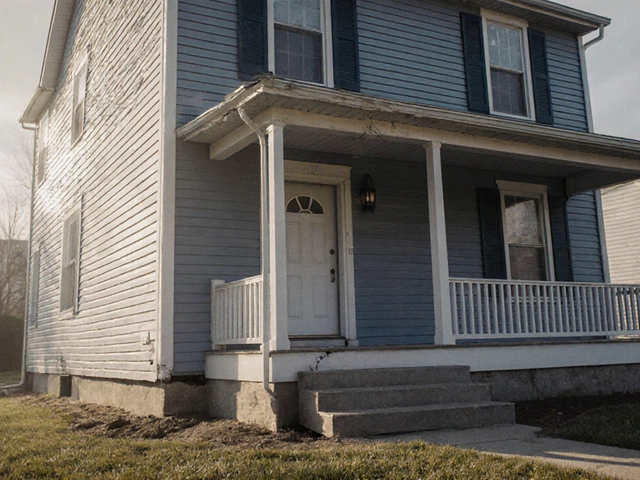Home Buying: What You Need to Know About Construction, Foundations, and Costs
When you're home buying, you're not just picking a house—you're investing in a structure built to last. This means understanding what’s underneath the paint and behind the walls. A home’s foundation isn’t just concrete; it’s the silent backbone that determines whether you’ll live comfortably or face costly repairs down the road. Foundation repair, the process of stabilizing or correcting a home’s base to prevent structural damage. Also known as structural foundation work, it’s one of the most expensive fixes a homeowner can face—and the most critical to spot early. Many buyers overlook this until cracks appear, floors slope, or doors won’t close. But the truth? Most problems start long before you walk through the front door.
Not all homes are built the same. Residential construction, the process of building homes for individuals and families. Also known as single-family housing construction, it follows different rules than commercial construction, projects designed for business use like offices, stores, or warehouses. Also known as non-residential building, it’s held to stricter fire, load, and accessibility standards. If you’re looking at a converted warehouse or a mixed-use property, you’re dealing with a whole different set of risks. Mixing construction types in one building? It’s possible—but only if the fire separations, materials, and permits are done right. Cutting corners here can turn your dream home into a legal and financial nightmare.
And then there’s the paperwork. Building codes, local regulations that dictate how homes must be built for safety and durability. Also known as construction standards, they vary by region but always cover things like foundation depth, electrical wiring, and drainage. A home built in 2020 might look perfect, but if it skipped inspections or used substandard materials, you’re buying a ticking clock. That’s why knowing what to ask—like whether the foundation was inspected, if permits were pulled for major changes, or if there’s a history of water damage—makes all the difference. You don’t need to be an engineer, but you do need to know what questions to ask.
From the cost of underpinning to the difference between a hairline crack and a structural one, the posts below cover the real issues that come up when you’re serious about buying a home. You’ll find guides on spotting bad foundation cracks, understanding why some repairs cost thousands while others are simple fixes, and how commercial zoning can sneak up on you in a quiet neighborhood. Whether you’re a first-time buyer or upgrading, this isn’t about theory—it’s about protecting your biggest investment.





